
Vaporized
Solid Strategies for Success in a Dematerialized World
Recommendation
Media executive Robert Tercek switches between two authorial voices: Grandpa explaining digital history and Internet networks versus Cassandra warning about the consequences of the coming age of “vaporization,” when nearly every transaction and company will go digital. The former voice will appeal to college students and older businesspeople, but the latter voice is more interesting, in fact, fascinating. Tercek writes with clarity and logic. He admirably avoids jargon. His expertise informs the history he describes and the credible predictions he makes. This is a rare overview written by an insider with successful outside experience. He regards Apple, Google and Amazon as oligarchies whose leaders understand that no asset is as valuable as properly applied data. The future belongs to them. Of course, as Tercek explains, that raises issues of personal privacy and monopolistic business practices. getAbstract recommends this perceptive analysis to those new to digital businesses, those whose business model is at risk of vaporization and those hoping to profit from the coming shift from the physical world to the universe of data.
Summary
About the Author
Robert Tercek was president of digital media at the Oprah Winfrey Network (OWN), senior vice president of digital media at Sony Pictures Entertainment and creative director at MTV.









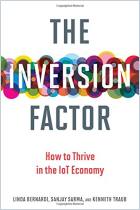
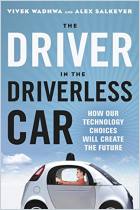
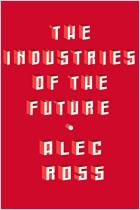
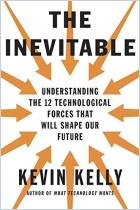
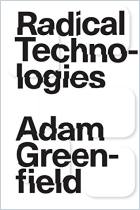
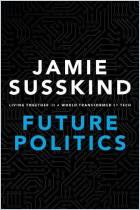






Comment on this summary or Iniciar a Discussão